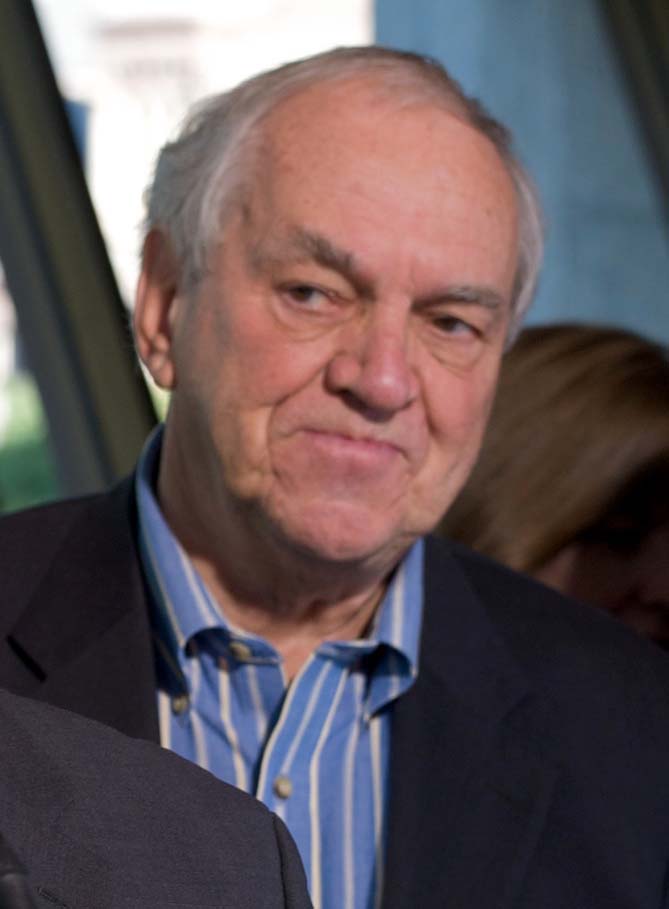 Given the reaction in political circles in the last few days, one might think Ed Broadbent had said something truly controversial, even offensive. But the former leader of the NDP merely expressed his opinions about two of the leadership candidates in the current race.
Given the reaction in political circles in the last few days, one might think Ed Broadbent had said something truly controversial, even offensive. But the former leader of the NDP merely expressed his opinions about two of the leadership candidates in the current race.Broadbent had already endorsed Brian Topp, but found it necessary, about a week before the convention, to express his concerns about the personality and ideology of Thomas Mulcair, who seems to have momentum.
A Canadian Press story called Broadbent's comments a "grenade lobbed into the NDP leadership race." Postmedia columnist Michael Den Tandt wrote that it "shows appalling judgment. It dramatically increases the odds that, should Mulcair lose, the NDP will lose Quebec." Chantal Hébert wrote in the Toronto Star that "Broadbent has poisoned the well for whoever wins the leadership this week - including his own favourite Brian Topp."
The political ramifications might well be as bad as the pundits predict. But if they're right, that raises questions about the state of Canadian politics. Is it unseemly and "divisive" (to quote candidate Nathan Cullen) to publicly weigh the merits of candidates in a leadership race? Isn't that the whole point? The NDP is at a crossroads, and if the differences between Topp and Mulcair are as significant as Broadbent believes they are, surely that's a discussion the party - and the country - should have.
We are talking about the next leader of the Opposition, not the seating arrangements at a dinner party. Getting along is not the goal.
The Globe and Mail editorialized that by expressing his opinions so publicly, Broadbent "has forfeited his role as elder statesman of the party." It's an odd idea, that neutrality or even irrelevance must be the price for venerability in politics.
Political parties are not religions and Ed Broadbent never asked to be cast as the voice of God. Disagreement, in a political party, is not a sign of weakness. It's a sign of strength.
Original Article
Source: ottawa citizen
Author: editorial
No comments:
Post a Comment